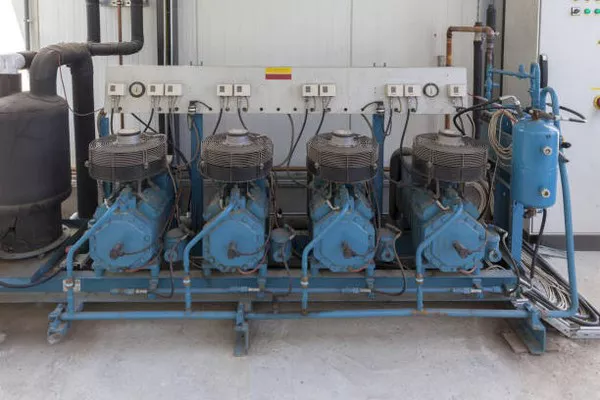In times of power outages or when working in remote locations, generators serve as invaluable sources of electricity. However, connecting your generator to your appliances or power tools requires careful consideration, particularly when it comes to choosing the right extension cord. Using an improper extension cord can not only compromise the efficiency of your generator but also pose safety risks. In this comprehensive guide, we delve into the factors influencing your choice of extension cord gauge for your generator, ensuring optimal performance and safety.
Understanding Extension Cord Gauges:
Extension cords are available in various gauges, each designed for specific power requirements. The gauge of an extension cord refers to the thickness of its wiring. Thicker wires have lower gauge numbers and can carry more current over longer distances without overheating. Conversely, thinner wires have higher gauge numbers and are suitable for lighter loads over shorter distances.
Factors Influencing the Choice of Extension Cord Gauge:
Power Requirements: Before selecting an extension cord, determine the wattage requirements of the devices you intend to power with your generator. High-powered appliances such as refrigerators or power tools will necessitate thicker extension cords to handle the load without voltage drop or overheating.
Distance: The distance between your generator and the appliances plays a crucial role in determining the appropriate gauge. Longer distances require thicker wires to compensate for voltage drop, ensuring that your devices receive adequate power.
Ampacity Rating: The ampacity rating of an extension cord indicates the maximum current it can safely carry. Exceeding this rating can lead to overheating and potential fire hazards. Match the ampacity rating of your extension cord to the output capacity of your generator and the power requirements of your devices.
Generator Output: Different generators have varying output capacities, ranging from small portable units to larger standby generators. Ensure that the extension cord you choose can safely handle the output of your generator without overloading or overheating.
Choosing the Right Gauge Extension Cord:
Determine Wattage Requirements: Calculate the total wattage of the appliances or tools you plan to connect to your generator. Add up the individual wattages to determine the total load.
Consider Distance: Measure the distance between your generator and the farthest appliance. Longer distances require thicker extension cords to compensate for voltage drop. Use a voltage drop calculator to determine the appropriate gauge for your specific distance and load requirements.
Select the Correct Gauge: Refer to the following guidelines to select the appropriate gauge extension cord based on your wattage requirements and distance:
- Light Duty (16 Gauge): Suitable for low-power devices such as lamps, fans, and small electronics within 25 feet of the generator.
- Medium Duty (14 Gauge): Ideal for moderate-power appliances like power tools, televisions, and refrigerators within 50 feet of the generator.
- Heavy Duty (12 Gauge): Recommended for high-power devices such as air compressors, heaters, and larger power tools within 100 feet of the generator.
- Extra Heavy Duty (10 Gauge or lower): Necessary for extremely high-power equipment such as welders, industrial machinery, or multiple appliances over long distances.
Safety Precautions:
Inspect Cords Regularly: Check extension cords for signs of wear, damage, or overheating before each use. Replace any cords that show signs of deterioration to prevent electrical hazards.
Avoid Overloading: Do not exceed the ampacity rating of your extension cord or the output capacity of your generator. Overloading can lead to overheating, voltage drop, and potential damage to your devices.
Keep Cords Dry and Untangled: Ensure that extension cords are kept dry and free from obstructions to prevent tripping hazards and reduce the risk of electrical shocks or short circuits.
Use Ground Fault Circuit Interrupters (GFCIs): When working outdoors or in damp environments, use extension cords equipped with GFCIs to protect against electrical shocks in case of ground faults.
Conclusion:
Choosing the right gauge extension cord for your generator is essential for ensuring optimal performance and safety. By considering factors such as power requirements, distance, and ampacity rating, you can select an extension cord that meets your specific needs without compromising efficiency or risking electrical hazards. Prioritize safety by inspecting cords regularly, avoiding overloading, and using appropriate safety measures such as GFCIs when necessary. With the proper extension cord in place, you can confidently power your appliances and tools with your generator, whether during emergencies or in remote locations.


